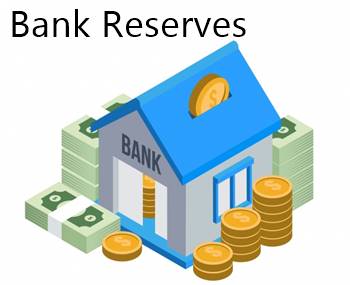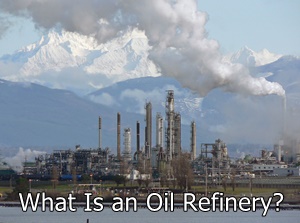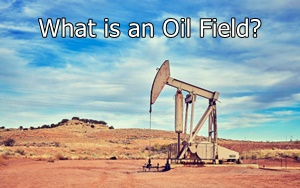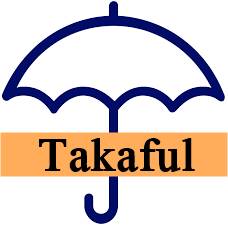Meaning of Oil Reserves
The estimated amount of crude oil in a given Economy is known as oil reserves. To qualify, these reserves should extract information under existing technology limits. Oil pools in unreachable depths, for instance, will not be included as part of a country's reserves because reserves are computed on a proven or probable Basis.
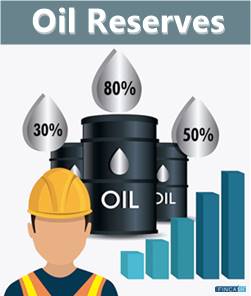
It is also believed that new technologies will make oil extraction economically viable.
Why does Oil Price fluctuate?
Oil reserves are an aspect that influences oil prices. Demand is as crucial as supply, as indicated by oil output. The oil futures contracts price in the commodities Market reflects these factors.
They are contracts to purchase or sell oil at a certain price at a future date. That is why oil prices fluctuate daily; it relies on how the trading day went.
Category of World Oil Reserves
The projection of future output from known fields is known as discovered oil reserves. There are three different types that are based on the likelihood of recovering oil with current technology.
- Proved Reserves: There is a better than 90% possibility of recovering the oil from proven reserves
- Potential Reserves: There is a greater than 50% possibility of getting the oil out from these reserves
- Possible Reserves: The probability of recovering the oil is at least 10% but not more than 50%
Remember that some of an Oil Field's probable and potential reserves get converted to proven reserves over time. These discovered reserves make only a modest portion of the total oil in the ground. However, it's technically not possible to extract most of the oil in any given area.
Talk to our investment specialist
How are Oil Reserves Formed?
Prehistoric vegetation and tiny sea critters are buried in reserves. Their skeletons were discovered approximately 65 million to 541 million years ago at the bottom of ancient oceans and lakes.
They were covered with sediment, which increased the temperature and pressure. As a result, the chemical makeup changed to oil. Oil is a non-renewable resource since humans consume it quicker than produced.
Largest Oil Reserves in the World
Crude oil is the world's principal fuel source and the biggest source of energy production. In 2020, the world consumed 88.6 million barrels of oil per day, Accounting for 30.1% of global primary energy.
Gasoline, diesel, jet fuel, asphalt, tar, and lubricating oils are all made from crude oil. "Oil reserves" estimate the quantity of unmined crude oil in a nation to be retrieved using the current technology at an economically viable cost based on the current oil price.
Oil Reserves Examples
Here are the top 10 oil reserves by country:
| Rank | Country | Reserves | % Of World Total |
|---|---|---|---|
| 1 | Venezuela | 303.8 | 17.5% |
| 2 | Saudi Arabia | 297.5 | 17.2% |
| 3 | Canada | 168.1 | 9.7% |
| 4 | Iran | 157.8 | 9.1% |
| 5 | Iraq | 145.0 | 8.4% |
| 6 | Russia | 07.8 | .2% |
| 7 | Kuwait | 101.5 | 5.9% |
| 8 | United Arab Emirates | 97.8 | 5.6% |
| 9 | United States | 68.8 | 4.0% |
| 10 | Libya | 48.4 | 2.8% |
Which Area of the World has the Largest Crude Oil Reserves?
The United States is both the world's largest producer and consumer of oil, necessitating the Import of extra oil from dozens of other oil-producing countries. Despite having the world's highest oil production, the United States ranks 9th in terms of available oil reserves.
Conclusion
Due to the changes in oil production, policies and global demand of the Organization of the Petroleum Exporting Countries (OPEC), the oil price forecast has been highly volatile. Traders examine oil production, which is influenced by Kuwait, Saudi Arabia, Venezuela, and Russia's decision-makers. Demand, notably from the world's largest consumer, the United States, is crucial.
All efforts have been made to ensure the information provided here is accurate. However, no guarantees are made regarding correctness of data. Please verify with scheme information document before making any investment.
